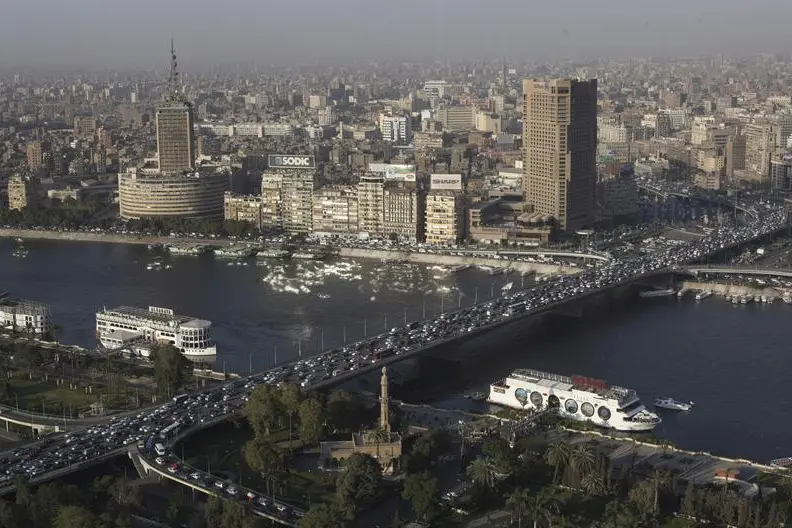
Egypt’s economic recovery is being restrained by cautious change
Egypt is set to deviate from previous practice and allow its currency to fluctuate in accordance with reforms supported by the IMF; yet, it seems unlikely that the country would undergo structural changes that could end its dependency on bailouts.
Following two years of persistent shortages of foreign exchange, Egypt has received a plethora of funding since late February, including more than $15 billion from the World Bank, the European Union, and the International Monetary Fund, as well as $24 billion in fresh funding for a project in the United Arab Emirates to build a city on the Mediterranean coast.
In March, the central bank agreed to a deal with the IMF that included allowing the pound to decline rapidly. This was a departure from the central bank’s past practice of tightly controlling the exchange rate when the pound under pressure.
This time may be different since, according to bankers and analysts, the currency is largely trading freely even though there are still certain restrictions in place.
Three senior commercial bankers and one investment banker told Reuters that following the float, foreign investors twice tested the central bank’s commitment to a flexible exchange rate by selling hundreds of millions of dollars’ worth of Egyptian pound treasury bills and repatriating the profits. This occurred on March 25 and April 15.
According to the bankers, the central bank did not step in either time, instead allowing the pound to depreciate against the dollar, giving investors the impression that the currency was truly floating.
“TOO BIG TO FAIL”
Observers see further indications of change. According to multiple businessmen and two bankers, the government has been cutting back on expenditure on large-scale infrastructure projects, which has resulted in an increase in Egypt’s foreign debt. According to a Western ambassador, the government would honor its payment agreements about outstanding debts owed to foreign corporations.
However, some argue that the additional funding may also lessen pressure for structural adjustments that international lenders claim are necessary to fully realize the potential of an economy in which the military and the government have tightened their hold in recent years.
The inflow of funds confirmed the belief that Western and Gulf states view Egypt as too big to fail, regardless of political or economic reform, given the ongoing conflict in Gaza, Egypt’s border, and concerns about migration to Europe.
Speaking under anonymity, one of the bankers stated, “We need to solve the root causes of our cash flow issue, which has been temporarily resolved.”
“It’s very, very tempting for everyone: we have the money now, let’s go and spend it.”
Abla Abdel Latif, the director of the Egyptian Center for Economic Studies, a think tank in Cairo, told a recent seminar that the government believes that Egypt’s issues are foreign-made and is still concentrated on developing infrastructure and cities rather than funding health and education and enacting reform.
“We have always been trapped in our vicious circle of poor economic performance where only surface level symptom treatment takes place,” she stated.
BLACK MARKET CRACKDOWN
There are still certain currency regulations in place for the time being. According to bankers, citizens attempting to purchase foreign money must provide documentation proving they require it for international travel, medical care, or education.
According to two of the bankers, the central bank still forbids banks from giving foreign exchange to import 13 items, such as fully constructed cars, cell phones and their accessories, fresh fruit, jewelry, televisions, electrical equipment, and clothes.
A request for comment was not answered by the central bank.
Even while the black-market price of dollars is not much different from the official rate, some importers and tourists purchase them there, and the authorities have started clamping down on such transactions.
The IMF has increased its vigilance over Egypt’s exchange market and linked the semiannual distribution of funding to exchange rate flexibility. It states that it will keep an eye on interbank foreign exchange turnover, the difference between official and black market exchange rates, and bank backlogs in requests for foreign exchange.
As for deeper reforms that would prevent the need for further bailouts, Amr Adly, an assistant professor at the American University in Cairo, said it was unclear how Egypt’s many donors could cooperate and agree on.
He declared, “This is not an easy feat.” “And more importantly, who’s going to enforce this?”
All Categories
Recent Posts
Tags
+13162306000
zoneyetu@yahoo.com



